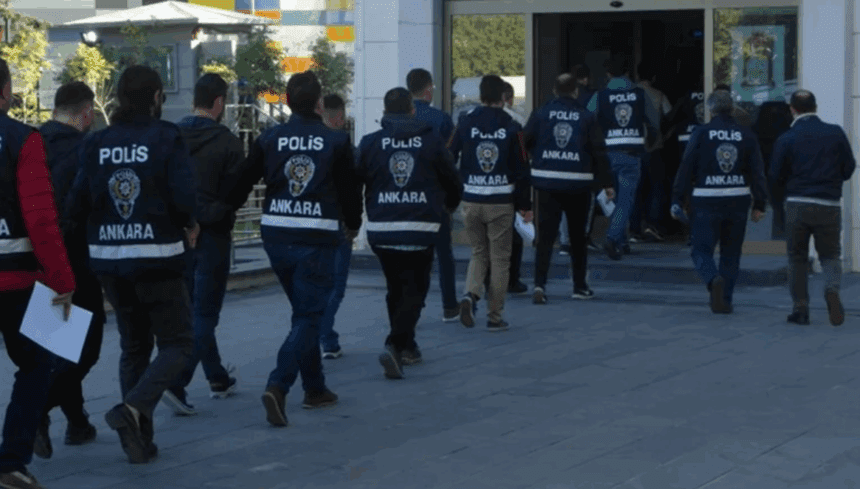The UK Home Office has issued a fresh update to its guidance for asylum caseworkers on Turkey’s Gülen movement, retaining core conclusions that Turkish authorities continue to pursue mass prosecutions, face credible allegations of torture and ill-treatment, and extend pressure to dissidents abroad.
The 41-page Country Policy and Information Note (CPIN), updated in August 2025, lists only minor wording changes from last year but leaves the substance intact. It again advises that risk varies by an individual’s profile and associations while stressing that, where feared harm emanates from the state, internal protection in Turkey is generally not available. Caseworkers are told to assess each claim on its facts, with particular attention to markers frequently used by Turkish authorities, including alleged use of the ByLock messaging app, employment at shuttered Gülen-linked schools or charities, prior arrests, and family ties.
Officials’ own figures cited in the CPIN underscore the scale of Ankara’s post-2016 crackdown: more than 693,000 legal cases have been opened since the failed coup, with 122,632 people sentenced and 97,139 acquitted; over 12,000 remained in prison as of mid-2023, and investigations were still pending into nearly 68,000 others. The purge extended beyond the courts: around 125,000 civil servants were dismissed and more than 230,000 passports were cancelled, measures the note characterizes as systematic constraints on basic freedoms.
International reporting featured in the guidance points to persistent due-process concerns. The European Commission’s 2022 Turkey report documented a rise in “credible and grave” torture and ill-treatment allegations in police custody, prisons, vehicles, and even on the streets during demonstrations. The US State Department has likewise recorded patterns suggesting those accused of Gülen links face a higher likelihood of mistreatment, including denial of access to counsel and medical care, prolonged pre-trial detention, and severe overcrowding. Ankara strongly rejects these claims, insisting its response is lawful and proportionate.
A central legal fault line remains the treatment of ByLock, a once-publicly available smartphone app that Turkish authorities deem a clandestine communications tool for the movement. In a landmark 2023 Grand Chamber judgment, Yüksel Yalçınkaya v. Türkiye, the European Court of Human Rights found systemic problems with convictions that relied decisively on ByLock data—often alongside indicators like accounts at Bank Asya or union membership—ruling violations of the Convention’s legality, fair-trial, and association guarantees. Despite the ruling, the CPIN notes that Turkish judicial practice has not materially shifted.
The document also highlights Turkey’s campaign of transnational repression. Drawing on UN and European monitoring, it notes that more than 100 individuals have been abducted or otherwise forcibly returned to Turkey in recent years. By July 2023, Ankara had filed 1,271 extradition requests to 112 countries and secured the handover of 126 people, according to statements by Justice Minister Yılmaz Tunç referenced in the note. A June 2023 resolution by the Parliamentary Assembly of the Council of Europe criticized abuses of extradition, misuse of INTERPOL notices, and anti-terror finance tools directed at exiles and dissidents.
While the movement’s exiled cleric, Fethullah Gülen, died in the United States in October 2024 at age 83, his followers continue to deny any role in the 2016 coup or involvement in terrorism. The Turkish government designated the network a terrorist organization in May 2016; the CPIN underlines that no other state party to the European Convention on Human Rights has taken that step.
By keeping the 2025 update largely unchanged, the Home Office signals continuity in how UK asylum decision-makers should approach claims tied to the Gülen movement: allegations of mass arrests, due-process deficits, and cross-border pressure remain defining features nine years after the attempted coup. For thousands who fled Turkey in recent years and are seeking refuge in Europe, North America, and beyond, the guidance reaffirms that risk assessments will pivot on the same factors that have structured decisions since 2016—now backed by additional years of documentation but with little change in Ankara’s overall approach.



